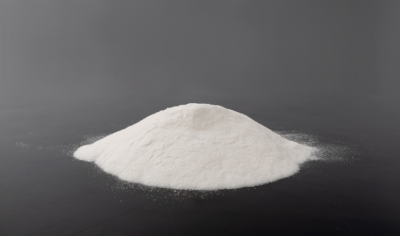Quorn CEO calls for partners to develop sustainable solutions

Bertacca said there was an ‘urgent need’ for the adoption of alternative protein sources on a ‘huge scale’ and called for a coordinated approach to develop sustainable solutions and reduce damage to the environment.
The Quorn CEO added there was a ‘huge and important opportunity for new partnerships and collaboration’ to accelerate learning and innovation.
“As much as I would love for it to be possible, Quorn alone cannot feed the world. It is going to take dozens, if not hundreds of companies like ours to succeed if we are going to make enough healthy protein to reduce our planet’s damaging reliance on animal protein,” Bertacca told the summit.
“I am happy for others to learn from our 50 years of experience, and I know that with so many new minds now focused on fermenting protein biomass, there will be many things we can learn from others,” he added.
Food revolution
Bertacca said the development of solutions to produce protein from waste would have the potential to ‘revolutionise’ the food system.
The Quorn CEO cited research by King’s College London that estimates arable farming produces around eight billion tonnes of carbohydrate waste every year.
“If we could find a way to ferment that carbohydrate and make mycoprotein, we would produce the same amount of protein that we’d get from five billion cows,” Bertacca said.
“The numbers are mind-blowing – that’s three times more cows than there are on the planet now. So even if we could achieve a fraction of this, it would be a game-changer in reducing the carbon footprint created by food production.”
Scientific exploration
Quorn has set itself the target to become a net positive business by 2030 and, in that year, provide eight billion servings of Quorn. As part of its mission, the company has carried out some initial exploration in converting waste into protein.
Quorn already converts carbohydrate into protein to make mycoprotein. However, the carbohydrate used in the current process is glucose from wheat, and the conversion is done via a specific fermentation process of a specific microbe, Fusarium venenatum.
Quorn’s theory is to convert lignocellulose, available in abundance as agricultural waste, into protein. However, lignocellulose is composed of carbohydrate polymers, so a new process will be required. The cellulose part of lignocellulose can be converted to fermentable sugars but getting at these sugars is a ‘complex process’, according to the company.
Bertacca told the summit: “If some of you are already working on something similar – fantastic. Please get in touch, and let’s work together. And if anyone would like to get involved in trying to make this idea a reality, please contact me, I would be delighted to talk.
“It is only through us all succeeding that we can change the world.”

















